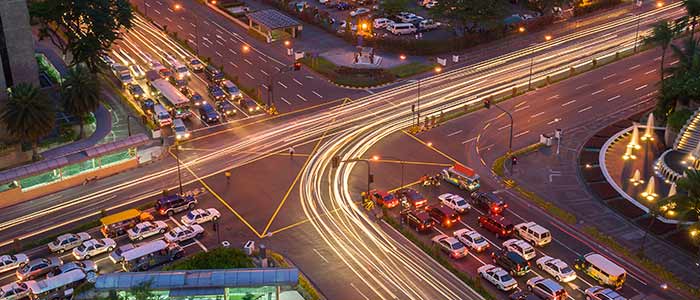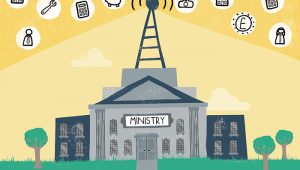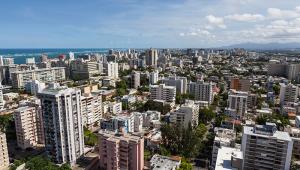Web_PhillippinesInfra_iStock_000023747736_Large.jpg

Manila, Philippines at rush hour
The country has shrugged off concerns that protectionism emanating from the US and disapproval of the radical views of populist president Rodrigo Duterte could derail growth, instead reporting one of the fastest growth rates in the world for 2016 (6.8%).
Its economy is likely to continue to grow at close to 7% up until 2019, the World Bank has said, with government commitments to increase infrastructure spending expected to sustain momentum through 2018 and reinforce business and consumer confidence.
“The implementation of planned infrastructure projects could generate positive spillover effects, spurring additional business activity, accelerating job creation and ultimately contributing to higher household consumption and poverty reduction,” said Birgit Hansl, World Bank lead economist.
Poverty in the country has already dropped from 25.2% in 2012 to 21.6% in 2015, the bank noted. That represents 1.8 million Philippinos lifted out of poverty within three years as a result of higher employment, low inflation and improved incomes.
In a report published today, the bank applauded the Philippines for this pattern of inclusive growth. However, it warned that without increasing private investment, jobs in the country will be more informal and lower quality, weakening the impact of employment growth on poverty reduction.
It called for efforts to promote greater competition, the removal of restrictions to investments from other countries, simpler business regulations and better protected property rights, which are currently weak, deterring investment.
The Philippine government has voiced a commitment to such reforms, with a number of the issues addressed in its recently completed development plan, which runs until 2022.
The bank called for these to be implemented in order for the government to take advantage of a number of opportunities in the coming years, including reaping the rewards of a demographic dividend and the country’s rapidly growing services sector.
However the country’s development plan also underscores the much darker aspects of the Philippine government, led by Duterte since June last year.
The plan prioritises action on crime, drugs and other security issues. Since taking office, Duterte has been accused of sanctioning thousands of extrajudicial killings of suspected drug offenders as part of his self-proclaimed war on drugs.













